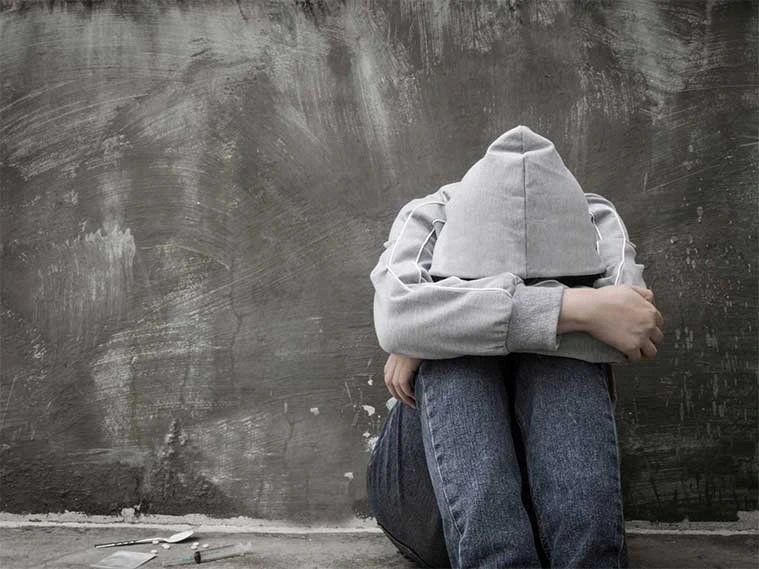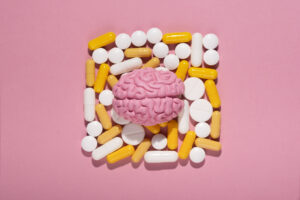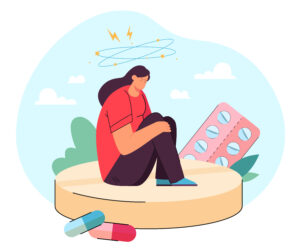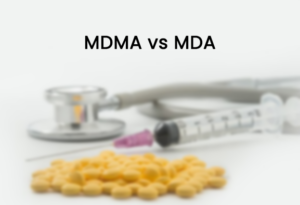Addiction; is it really a choice or a chronic brain disease as the medical community puts it? The old stereotype that individuals dealing with addiction brought it upon themselves and lack self control is still prevalent. Many people are yet to come to the terms with the fact that addiction is beyond choice. Researchers have found that drug addiction is a progressive disease – it begins early and advances gradually. Anyone is technically susceptible to addiction depending on their age, environmental and biological influences. Genetic risks also play a role in determining whether an individual can develop addiction. But before we go further, let’s first define addiction.
What Is Addiction?
Addiction is a complex brain disease that involves compulsive use of one or several substances despite them having serious health, social and mental consequences. The disease affects the standard functionality of the body and brain. Addiction significantly disrupts vast regions of the brain that are responsible for judging, learning, rewarding and memory. It also damages relationships, schools, families, neighborhoods and workplaces.
People with drug abuse disorders can be described as people dealing with drug addiction. Drug addiction is a strong compulsion to find and use drugs even though they come with a variety of undesirable properties and dangerous consequences. Drug addiction can also be defined as a chronic health disorder that impacts one’s brain and physical behavior. Illicit drugs, alcohol prescription drugs and even some over the counter medications can fuel addiction. That is to mean that we are all vulnerable to addiction.
How Substance Use Affects the Brain
We have already established that no one chooses to be an addict. You can choose to take a specific substance, but when addiction kicks in, the choice of whether you will take or not is not there. When a drug is taken, it releases various chemicals to the brain. Highly addictive drugs, when taken more than the required dose, which we refer to as drug abuse, release more chemicals to the brain and start affecting the normal functionality of the brain.
Brain systems such as memory, motivation and reward are usually the most affected. When such changes start to develop, the person may not feel normal without the drugs. The person may experience an intense desire for the addictive substance and may continue using it despite its harmful consequences. These changes in the brain may remain for a long time even after the individual has started their addiction treatment.
People dealing with drug abuse disorders need more compassion and support like any other person with a mental illness as they are more vulnerable to environmental cues. Instead of pointing and blaming them, we should help them seek addiction treatment in order to recover and get back to their normal lives.
Signs of Addiction
Anyone can get addicted to drugs or alcohol. The addiction comes with both mental, social and physical symptoms. However, these symptoms differ depending on the individual and how long they have been on substance abuse.
Psychological Changes
- Loss of motivation
- Increased aggression, anger and irritability
- Rapid mood changes
- Hallucinations including hearing, smelling, feeling or tasting things that are actually not there
- Bizarre thoughts
Physical Changes
- Changes in appearance especially hygiene
- Red swollen eyes
- Drastic weight gain or loss
- Constricted or dilated pupils
- Slurred speech
Social Changes
- Sudden involvement in criminal activities
- Increased conflict with family members and other support systems
- Spending more time alone or with a new group of friends
- Secretiveness and lying
- Sudden violent behavior
- Using strange terms when speaking
Is Addiction a Chronic Disease or Choice?
When someone has a long-lasting condition that cannot be cured or controlled, we refer to the status as a chronic illness. Typically, chronic illnesses begin without showing symptoms and gradually develop into prolonged-lasting diseases. People dealing with addiction may use drugs or alcohol for a long time without experiencing symptoms. At this point, taking drugs is a choice.
However, as the drug intake progresses, the individual may start depending on drugs for survival, and that is when we say someone is addicted. It is also essential to understand that addiction is a chronic illness as it has a long term impact on the individual’s brain and body. It is the same reason why relapses happen, and drug rehabs have to use personalized treatment plans to restore the person’s normal behavior as well as sobriety.
What Treatment Options Are There for Addiction
If you or your loved ones are abusing drugs and alcohol, it is never too late to get help. The most significant step towards addiction recovery is realizing the damage that the drugs are causing to your brain and how your behavior has impacted those surrounding you. If you have made up your mind to put a stop to addiction, then you must be willing to speak up about your struggles. There are many addiction rehabilitation centers with resources and environment to help make your healing process as natural as possible.
Depending on your age, the substance you have been using and how long you have been using it, you may need a personal treatment as different clients come with different symptoms and needs. However, most drug or alcohol clients need to undergo detoxification to flush out the drug toxins in the body. Detoxification is the first step in helping a client deal with cravings and prevent relapse. Medication may be required to help a client deal with withdrawal symptoms. A detox plan usually takes between 4 to 14 days, depending on the length of alcohol or drug abuse. From there, other treatment plans will take over including proper diet, counselling and exercises.
Let Us Help You
Now that you know how serious addiction is, it is time to seek help. At All American Detox, we offer different addiction treatment plans, including: Detoxification, residential inpatient, outpatient, and aftercare services. When you visit us for the first time, our expert doctors will check your medical history and also ask a few questions regarding your addiction journey. Next, we will create a treatment plan or routine to help you get back to sobriety and completely recover from a drug or alcohol addiction. Contact us and begin your drug-free journey!





